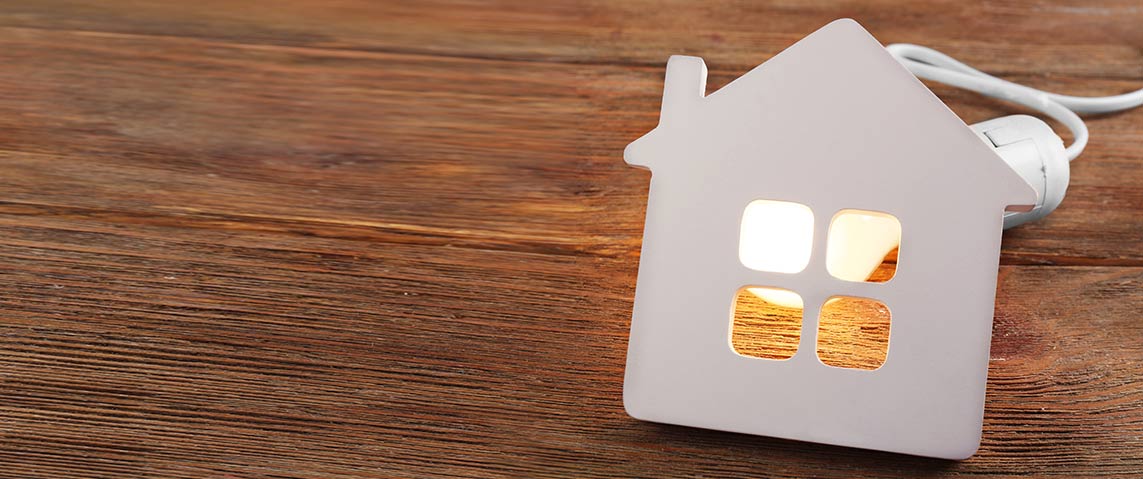What Uses the Most Electricity in My Home?

In this post, we'll cover
In general, the buzz of appliances running is a natural factor. They help to ease our ordinary tasks. However, their utilisation may include some continuous activities which might consume more power. We may not consistently see them but the electronic devices and gadgets are found all through homes and occur in various shapes and sizes.
How many kWh does a house use per day?
The usage of electricity is determined in watts or kilowatts (kWh). Some electrical devices consume a massive amount of energy. This article helps you understand more about electricity usage in our day-to-day life.
The power consumption is calculated by determining the electricity supplied to a home appliance per unit time. The average kWh per day - UK households generally range between 8.5 to 10 kWh. Several factors impact on the power consumption, including the appliances you use.
Average electricity usage in the UK
We all use electronic appliances in our homes to ease our workloads. But do you think they consume more or less energy than you may guess? For example, how much electricity does a tv use? Or a computer? Or the refrigerator or dishwasher that you use daily? Let us see in detail what uses the most electricity.
Home Appliances: Around 13% of your electricity bill depends on your home appliances such as refrigerator, washers and dryers, electric stove, microwave oven, dishwasher, etc. Though these appliances are unavoidable in our day-to-day life, it is good to find ways to save energy. For example, fully loaded machines eliminate the need for washing often leading to a power saving.
Lighting: Lighting consumes another considerable amount of electricity. It is considered that lighting accounts for around 9% of overall electrical usage. The electricity usage can vary depending on the bulb type and its usage. Turning off the lights while not in use saves power.
Television, Computers, and media equipment: The new generation of electronics is relatively energy efficient. Switching to modern televisions, computers will consume less power than the previous generation equipment in your overall electricity charges. However, it is good to turn it off while not in use. Also, it is advisable to consider using power strips that support a lower power consumption when the device is idle.
Does unplugging appliances save electricity?
Studies suggest that you could save around 10% of your overall electricity bill by unplugging unused appliances. It not only reduces your power usage. It also protects you from power surges. Furthermore, it increases the life of your devices or appliances.
How can you save energy?
There are many factors to reduce power consumption at home. Here are some energy-saving tips:
Maintaining a constant temperature for your rooms
Utilise energy-efficient electrical appliances
Turn off the appliances or devices while not in use
Use devices built with smart technology
Wash full loads of clothes and dishes
Use lights only in the rooms that are occupied
Utilise smart power strips
Invest in motion automation sensors.
Conclusion
Preserving money is the top priority of everyone, and energy consumption is one significant and inevitable expense. Therefore, saving on electricity can only be a wise choice when we cannot avoid it.
Our blog, 'How to Improve EPC Rating,' is your go-to resource for enhancing your home's energy efficiency. Explore actionable tips and expert advice to elevate your Energy Performance Certificate (EPC) rating.
Our blog on 'Do Radiator Covers Reduce Heat' provides a comprehensive analysis of the benefits and potential drawbacks of using radiator covers. Dive into a detailed exploration of how these covers can influence heat distribution in your home.

 Appliance
Appliance







